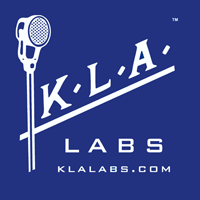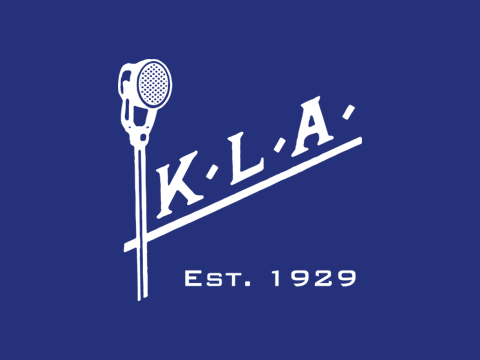- Have any questions?
- (313) 846-3800
KLA Laboratories awards scholarships to two Henry Ford College students
May 31, 2019
KLA Laboratories, Inc. Promotes Nick Vettraino to Executive Director of Operations, Planning, and Strategy
February 8, 2021
The first thing KLA Laboratories President and CEO Matthew O’Bryan’s father did when he took over KLA Laboratories in 1958 was to eliminate the time clock.
“It’s a little folklore. As soon as he bought the company, my dad said he did not want to have to punch a time clock when he got in there,” said O’Bryan. “And he didn’t think anybody should have to do that, so he got rid of it.”
That company culture of trust and treating employees like family has been central to the culture of KLA Laboratories since its founding in 1929. Although the family-owned company’s products and services have evolved with the rapid technological changes of the last 90 years, the sense of valuing and trusting employees as people has not.
“We didn’t evolve to become a cool company. We started as a cool company,” said O’Bryan. “And that’s the culture we have maintained, and that’s what keeps people here. We have many people who retired after working here 40-plus years, and we have millennials working here now who I believe will retire from the company.”
Flexibility is a big part of respecting and trusting employees at KLA Laboratories.
“Employees have different needs,” said Executive Director of Human Resources Andrew Mitchell. “We’ve just always been very accommodating when it comes to things like compressing your schedule or flexing a little bit to balance work and family needs—it’s never been an issue.”
And having that flexibility already built into company culture made the transition to pandemic work-at-home life easier for KLA Laboratories than it might have been for other companies.
“It’s been much, much easier than I ever anticipated,” said Mitchell. “Of course we all want to get back to the office and see each other and work with each other again, but we do a lot to make sure we’re staying in touch.”
Staying engaged with employees is a top priority for O’Bryan, who started working in the shipping department at KLA Laboratories, and he’s careful to make sure staff see that he is connected and in touch with the day-to-day operations of the company.
“I spend a lot of time talking to a lot of people at every level of the company to make sure that they know that I’m engaged,” said O’Bryan. “That kind of connection is super important to maintain—I really try to get across to everybody that I want them to feel ownership in the company.”
That human-level connection is critical to maintaining the culture of trust and flexibility that KLA prides itself on. It enables the company to avoid a rigid bureaucracy, Mitchell adds.
“We’re less about creating strict policies or rules, and more about just understanding,” he said. “We’re about autonomy—the freedom to do your job and do it well.”

